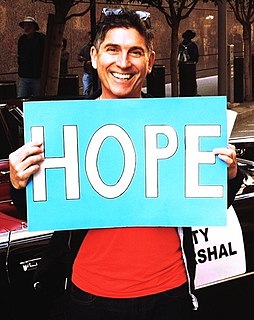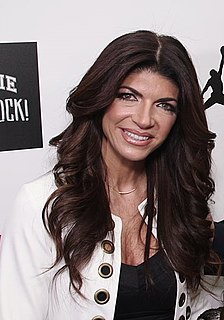A Quote by Meister Eckhart
The more deeply we are our true selves,
the less self is in us.
Related Quotes
Most of us live our lives desperately trying to conceal the anguishing gap between our polished, aspirational, representational selves and our real, human, deeply flawed selves. Dunham lives hers in that gap, welcomes the rest of the world into it with boundless openheartedness, and writes about it with the kind of profound self-awareness and self-compassion that invite us to inhabit our own gaps and maybe even embrace them a little bit more, anguish over them a little bit less.
I believe one of our souls' major purposes is to know, love, and express our authentic selves. To live the life and be the person we were created to be. However, our true selves only emerge when it's safe to do so. Self-condemnation, shame, and guilt send your true nature into hiding. It's only in the safety of gentle curiosity, encouragement, and self-love that your soul can bloom as it was created to do.
Happiness is your real nature. You identify with yourself with the body and mind, feel it's limitations, and suffer. Realize your true self in order to open the store of happiness. That true self is the reality, the Supreme Truth, which is the self of all the world you now see, the self of all the selves, the One real, the Supreme, the Eternal self - as distinct from the ego or the bodily idea for the self.
For some of us, the soul is resident in the sole, and yearns ceaselessly for light and air and self-expression. Our feet are our very selves. The touch of floor or carpet, grass or mud or asphalt, speaks to us loud and clear from the foot, that scorned and lowly organ as dear to us as our eyes and ears.
Demons frighten us because we set ourselves up to be frightened. We are overly attached to our reputations and possessions. When we love and desire what we should be rejecting, we are in conflict with our true selves. That's when the negative energies catch us and use our weapons against us. Instead of taking up what we have to defend ourselves, we put our swords in the hands of our enemies and make them attack us.
When we choose to be parents, we accept another human being as part of ourselves, and a large part of our emotional selves will stay with that person as long as we live. From that time on, there will be another person on this earth whose orbit around us will affect us as surely as the moon affects the tides, and affect us in some ways more deeply than anyone else can. Our children are extensions of ourselves.








































